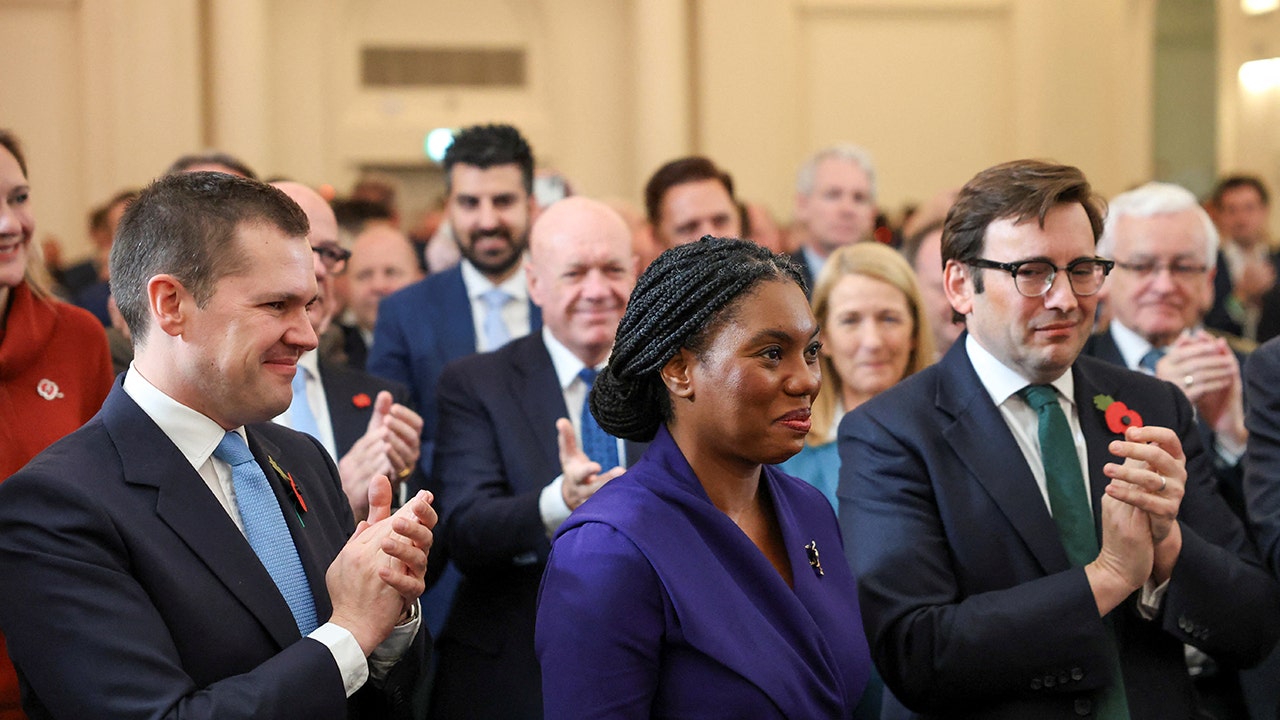Donald Trump’s re-election in 2024 hinged on the unwavering support of white Christian voters. This group, comprising 42% of the population, proved crucial to his victory. Exit polls revealed that 72% of white Protestants and 61% of white Catholics backed Trump. Among white evangelicals, support rose to 81%, up from 76% in 2020.
Trump’s appeal extended beyond white Christians. He gained significant support from Hispanic Christians as well. Nearly two-thirds of Hispanic Protestants and over half of Hispanic Catholic voters supported him. This marked a substantial increase from 2020, when only a third of Hispanic Catholics voted for Trump.
The election highlighted the deep connection between religious affiliation and political leanings. White Christians remained firmly aligned with the Republican Party. Other religious groups, including Jews, Muslims, and Black Protestants, largely supported the Democratic candidate, Kamala Harris.
Economic concerns played a significant role in shaping voter preferences. Many Hispanic Christians cited financial issues as a key factor in their support for Trump. The rising costs of everyday expenses influenced voters across various demographics.
 Christian Voters Reshape American Politics: Trump’s Resurgence and the Faith Factor. (Photo Internet reproduction)
Christian Voters Reshape American Politics: Trump’s Resurgence and the Faith Factor. (Photo Internet reproduction)Cultural anxieties also factored into Christian support for Trump. Many voters expressed concern about the declining influence of religion in American society. Trump’s campaign actively courted these voters, promising to protect traditional values and religious freedoms.
The election results underscored the ongoing political divide along religious lines. White Christians showed little change in their voting patterns from previous elections. Robert Jones of the Public Religion Research Institute noted their consistent support for Republicans.
Trump’s victory came despite some challenges within Christian circles. His inconsistent stance on abortion drew criticism from some evangelical leaders. However, this did not significantly erode his overall support among Christian voters.
Christian Voters Reshape American Politics: Trump’s Resurgence and the Faith Factor
The election also revealed shifts in voting priorities among different religious groups. White evangelicals increasingly cited immigration as a critical issue. Meanwhile, Black Protestants emphasized racial inequality and healthcare as top concerns.
Christian nationalism emerged as a significant factor in the election. States with higher levels of Christian nationalist beliefs showed stronger support for Trump. This trend was particularly pronounced among white voters.
The election highlighted the complex interplay between religion, race, and politics in America. It demonstrated the enduring influence of Christian voters in shaping national elections. As the country continues to grapple with changing demographics, the role of faith in politics remains a crucial factor to watch.

 By The Rio Times | Created at 2024-11-07 15:55:16 | Updated at 2024-11-07 18:40:12
2 hours ago
By The Rio Times | Created at 2024-11-07 15:55:16 | Updated at 2024-11-07 18:40:12
2 hours ago








